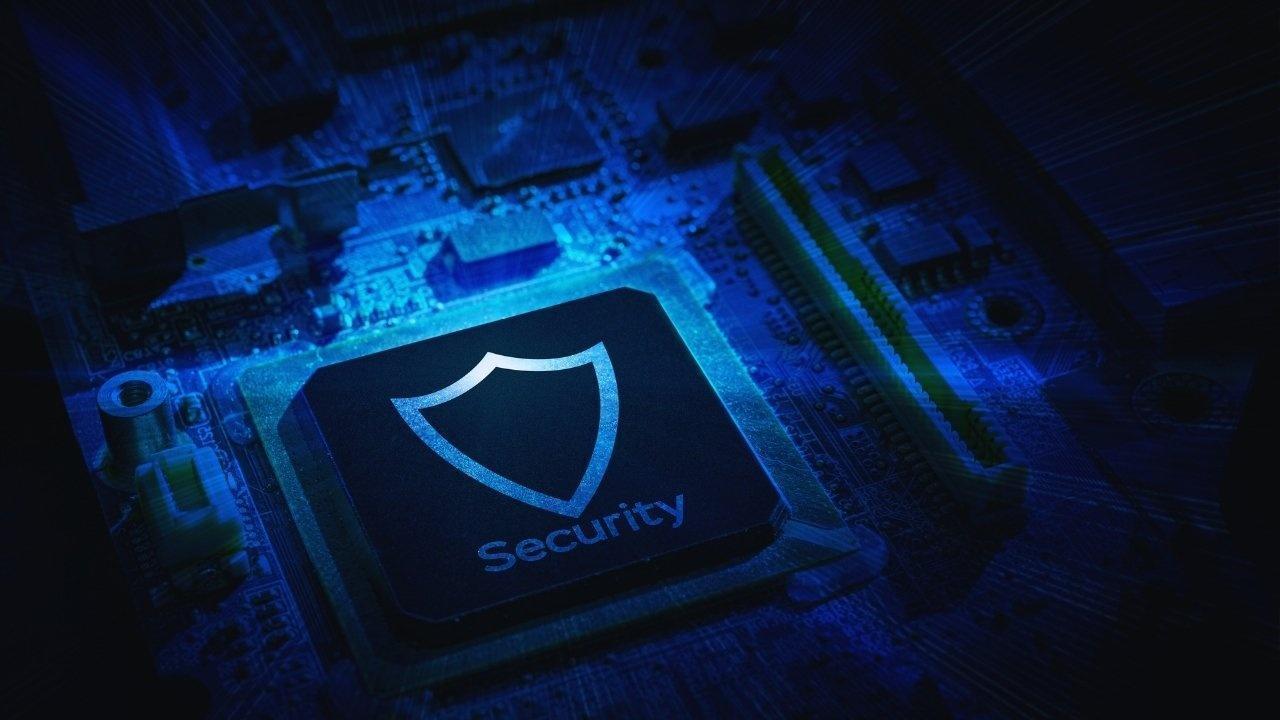You have not yet added any article to your bookmarks!

Join 10k+ people to get notified about new posts, news and tips.
Do not worry we don't spam!

Post by : Anis Farhan
While cybersecurity is often linked to larger organizations, small businesses face increasing risks from cyberattacks. Hackers view them as easier targets due to less comprehensive security measures. Recent studies indicate that by 2025, 43% of cyberattacks will involve businesses with under 100 employees.
Often, attackers aim to steal finances, hold data for ransom, commit identity theft, or break into larger networks through vulnerable small businesses. Owners must recognize that their size does not guarantee safety; in fact, many believe smaller entities are less prepared and more willing to pay ransoms quickly.
Phishing remains a prevalent threat. Cybercriminals impersonate trustworthy entities through emails, texts, or calls, tricking employees into disclosing passwords or clicking harmful links. Sadly, inadequate employee training often leads small businesses to fall victim.
Ransomware locks up business files until a ransom is paid. Small firms are particularly vulnerable due to limited backup strategies.
Simple, reused passwords heighten risks. Hackers can easily access accounts if proper password management is lacking.
Outdated software can be a hacker’s playground. Small businesses often postpone updates to save time and money, leading to security gaps.
Collaborating with vendors that lack strong security can put small businesses at risk. An unsecured partner system is often an entry point for hackers.
Password security is vital for small businesses:
Mandate unique, strong passwords for each account.
Utilize multi-factor authentication (MFA) wherever possible.
Encourage the use of password managers to create and store complex passwords.
Change passwords regularly and revoke access for former employees immediately.
Enforcing strong password usage enhances security against unauthorized access.
Human error is a leading factor in breaches. Staff should receive regular training on:
Identifying phishing attempts via emails, texts, or phone calls.
Safe practices for personal and work devices.
Prompt reporting of unusual activities.
Acknowledging the risks of careless sharing of sensitive information.
Regular drills can reinforce learning and bolster confidence.
Outdated software can be exploited. Small businesses should:
Automate updates for operating systems and software.
Stay alert for critical updates from service providers.
Purge hardware or software that isn't update-compatible.
Keeping software updated closes known security loopholes.
Protecting your network is crucial. Steps include:
Employing firewalls to manage data traffic.
Segmenting networks to isolate sensitive information.
Using encrypted Wi-Fi networks and VPNs for remote work.
Monitoring for unusual activities or unauthorized access attempts.
A secure network mitigates the risk of breaches.
Protecting data involves:
Recognizing vital data, such as customer records and financial data.
Encrypting critical files both at rest and during transfer.
Restricting access to essential personnel only.
Conducting regular data backups, securely stored offline or in the cloud.
Effective data management minimizes breach damage.
A formal policy clarifies expectations and procedures:
Define acceptable software and email usage.
Establish mechanisms for reporting potential threats.
Outline incident response protocols for various cyber threats.
Regularly assess and update the policy to reflect new challenges.
A clear cybersecurity policy promotes consistency and accountability.
Backups are vital for managing data loss and ransomware issues:
Automate regular backups of essential data.
Regularly test recovery procedures for speed and efficiency.
Store backups in diverse locations, including offsite or cloud systems.
Create a continuity plan for crucial operations post-breach.
A robust backup strategy lowers downtime and financial losses.
Small businesses can benefit from security tools like:
Antivirus programs to detect and neutralize threats.
Monitoring systems to catch suspicious activity.
SIEM solutions for managing larger datasets.
Outsourced security services for firms without in-house expertise.
Investing in technology reinforces human vigilance.
Remote work brings added risks:
Implement device encryption and strong passwords.
Enable remote wipe features for lost devices.
Limit app downloads and avoid unsecured public Wi-Fi.
Ensure operating systems and apps receive regular updates.
Mobile security safeguards portable data.
Ongoing monitoring is key to early threat detection:
Perform routine assessments of accounts and permissions.
Review security incident reports for policy adjustments.
Conduct penetration testing to proactively spot weaknesses.
Stay updated on new threats and compliance requirements.
A proactive monitoring approach fosters preventive security.
Relationships with third parties can create vulnerabilities:
Assess vendors’ cybersecurity procedures prior to partnerships.
Include security clauses in partnership agreements.
Insist that third-party partners meet industry standards.
Limit data sharing to only what’s necessary for business.
Working with vetted partners lessens breach risks.
With evolving regulations, small businesses must comply with various laws:
Familiarize yourself with data protection laws locally and globally.
Document your cybersecurity policies and practices.
Report breaches within the required timelines and protocols.
Align training programs with compliance expectations.
Adhering to regulations protects the business and clients alike.
Relying solely on technology won’t suffice. A culture of security is essential:
Encourage employees to report potential vulnerabilities.
Recognize proactive approaches and learn from near misses.
Incorporate cybersecurity into daily business practices.
Leadership should model the importance of cybersecurity.
A strong security culture minimizes risks and encourages shared responsibility.
Small businesses can achieve robust cybersecurity through careful planning and ongoing investment. By implementing strong passwords, improving staff training, securing networks, and cultivating a culture of awareness, they can greatly reduce the likelihood of cyber incidents.
While hackers remain persistent, small businesses can fortify their defenses. Leveraging technology alongside employee awareness creates a resilient security posture, safeguarding assets and ensuring sustainable growth through 2025 and beyond.
This article is meant for informational purposes and does not replace professional cybersecurity consultation. Businesses should assess their individual circumstances and consult experts for specific recommendations.










Study Warns Using AI for Medical Advice Is ‘Dangerous’ as Users Get Inaccurate Health Guidance
A major new study reveals that artificial intelligence (AI) chatbots and tools may give misleading o

Top Sci-Fi Movies Streaming on Netflix This February: Must-Watch Picks for Genre Fans
A curated news-style guide to the best science fiction films currently available on Netflix in Febru

BCCI Central Contracts Shake-Up: Kohli, Rohit Moved to Grade B as Board Reshapes 2025–26 List
Virat Kohli and Rohit Sharma have been placed in Grade B in the BCCI’s 2025–26 central contract list

Dalal Street Spotlight: Top 10 Stocks Investors Are Watching as Markets Open on a High
Indian stock markets begin the week with strong momentum, and several blue-chip and mid-cap stocks a

Market Movers Today: Key Stocks Set To Watch In Indian Markets
Indian equity markets are poised for active trading as several major companies, including Bharti Air

Milan Welcomes the World: Inside the Grand Opening Ceremony of the 2026 Winter Olympics
The 2026 Winter Olympics opening ceremony in Milan marked a defining moment for global sport, blendi